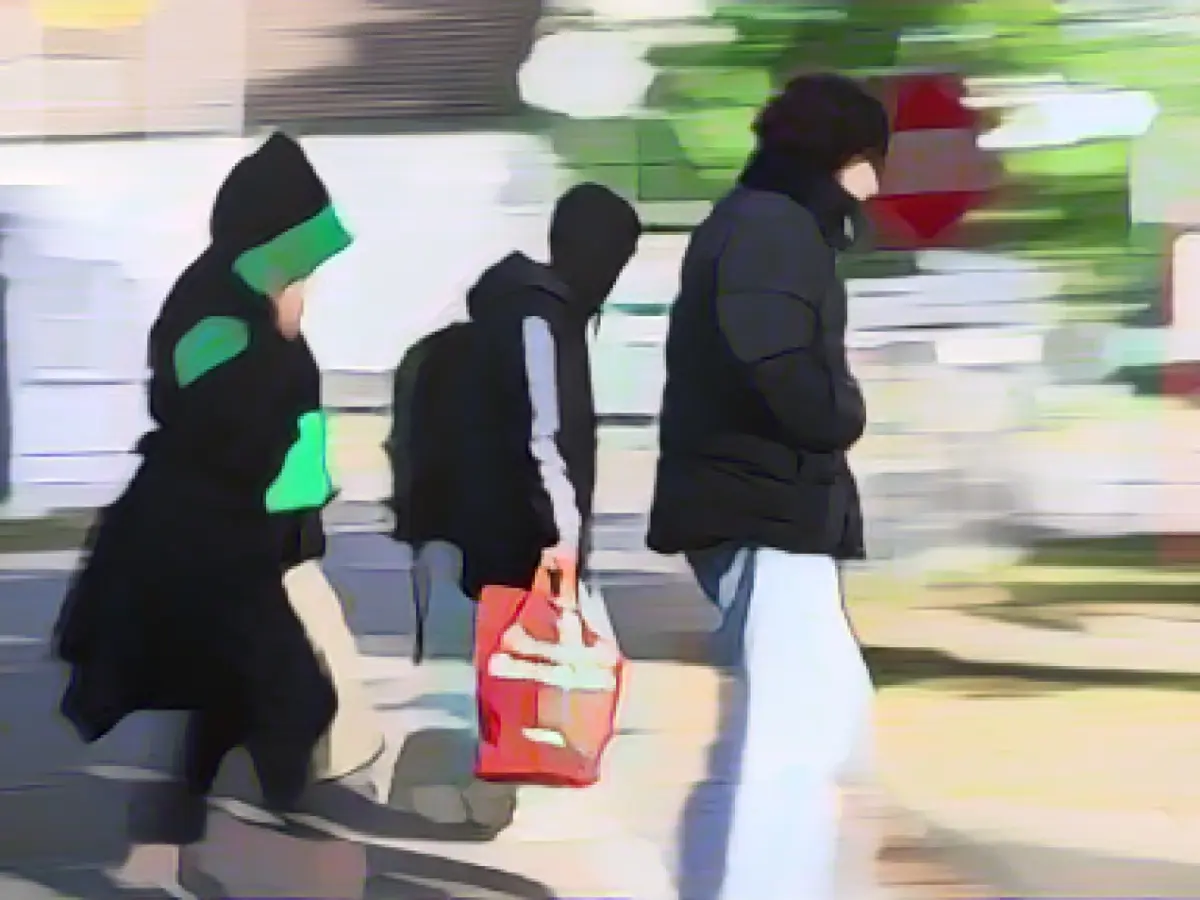Migration - Municipalities are running out of helpers for refugees
In many Hessian municipalities, there is not only a lack of living space for refugees, but increasingly also a lack of helpers. It is currently apparent that the volunteer support groups that were formed or strengthened in many towns and municipalities after the Russian invasion of Ukraine are not sustainable in the long term, said David Rauber, Managing Director of the Hessian Association of Towns and Municipalities, to the German Press Agency in Wiesbaden. Full-time staff had already been difficult to recruit. "This is another reason why it would be important for fewer people to come to Hesse, so that we can look after them properly," said Rauber.
According to the coalition agreement, the CDU and SPD in Hesse only want refugees with prospects of staying to be assigned to the municipalities in future. "The exciting question will be: What exactly is meant by this perspective to stay and how can this be implemented?" said Rauber. The idea is fundamentally correct and also takes up a municipal demand that the limited integration opportunities should only be given to those refugees who are able to stay. However, more places would then have to be created in state-owned facilities, for example, according to Rauber.
The situation with regard to refugees is currently very tense in many municipalities. Many of the people who arrived in 2015 and 2016 during the refugee crisis are still living in collective accommodation and have little chance of moving to other accommodation due to the existing housing shortage. For this reason, temporary solutions have to be used in many places - from residential containers to accommodation in hotels and the use of gymnasiums - although the latter solutions in particular should actually be avoided, as Rauber said.
Even though the number of people seeking protection at the central initial reception facility of the state of Hesse in Giessen has recently decreased somewhat after a peak phase until September/October, Rauber does not expect that fewer refugees will be coming to the state in the long term. "We are coming from a very, very high level." Experience in previous years has also shown that the numbers increase sharply in the fall and then rise again after a decline over the winter when crises come to a head again.
Read also:
- A clan member is punished here
- Traffic lawyer warns: Don't talk to the police!
- Will he be convicted as Jutta's murderer after 37 years?
- He also wanted to kill his cousin
- In light of the turn of the year and the anticipated migration trends, the German Press Agency reported from Wiesbaden, discussing the challenges faced by Hessian municipalities in providing adequate support to refugees, citing the Hessian Association of Towns and Municipalities.
- As the SPD and CDU coalition in Hesse aim to only assign refugees with prospects of staying to municipalities, according to the coalition agreement, the question of what constitutes a 'perspective to stay' and how to implement it arises, which David Rauber, Managing Director of the Hessian Association of Towns and Municipalities, raised as an important point of discussion.
- With many refugees from the 2015 and 2016 migration crisis still residing in collective accommodation in Hesse and facing limited integration opportunities, temporary solutions such as using residential containers, hotel accommodations, and gymnasiums have become necessary, according to Rauber's comments to the German Press Agency.
- While the number of refugees seeking protection at the central initial reception facility in Giessen has decreased in recent months, Rauber anticipates the continued arrival of refugees in Hesse in the long term, citing historical trends and global events as factors that could contribute to migration surges.
- Stressing the importance of providing proper support and fair treatment to refugees, Rauber asserted during his conversation with the German Press Agency that it would be beneficial for fewer refugees to be assigned to Hesse to mitigate the strain on municipal resources, ultimately ensuring the successful integration of those refugees who do come to the district.
Source: www.stern.de








